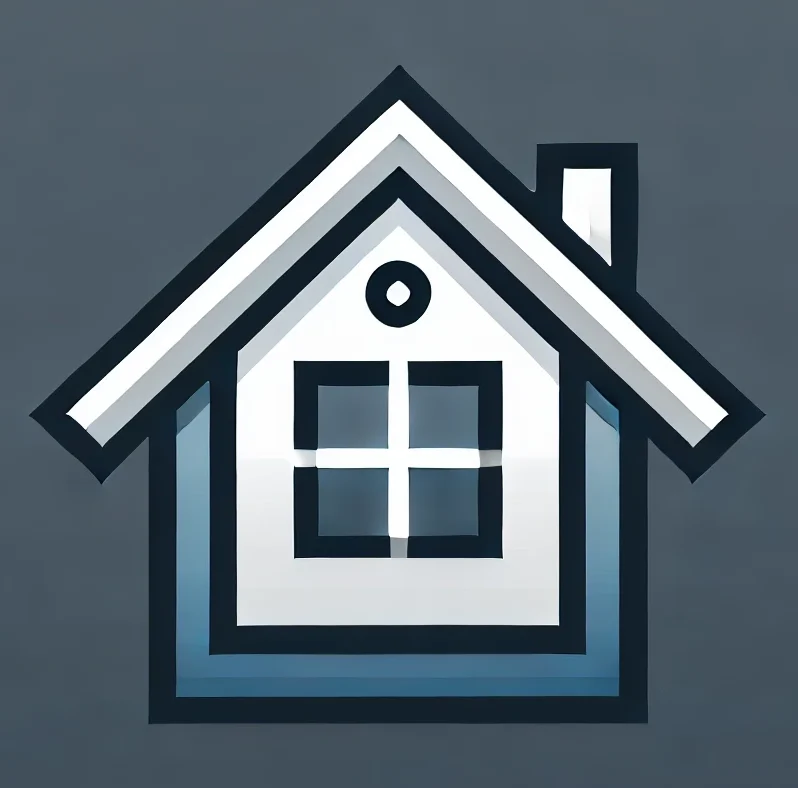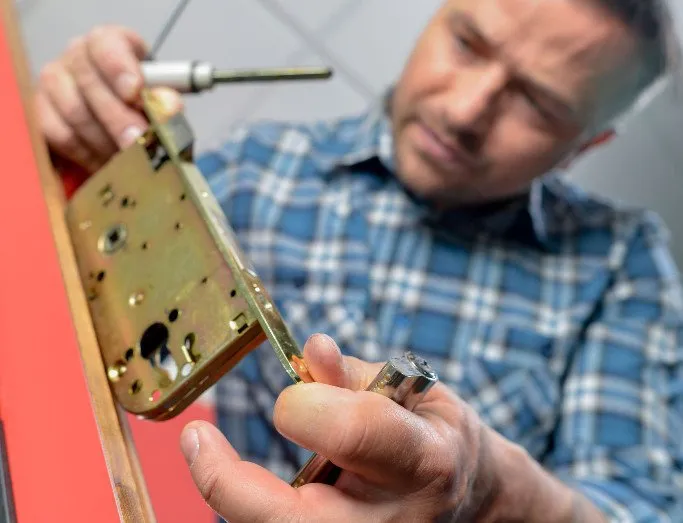Locks play a crucial role in securing your home, vehicle, and personal belongings. Over time, like any other mechanical system, locks can develop problems that require expert attention. While some lock issues may be easy to fix with basic tools, others necessitate professional help to ensure security and prevent further damage. Here’s a guide to common lock problems and when it’s time to call a locksmith.
1. Broken or Jammed Key in the Lock
One of the most common and frustrating issues is when a key breaks off inside the lock or becomes stuck. This usually happens due to worn-out keys or locks, or excessive force applied when turning the key.
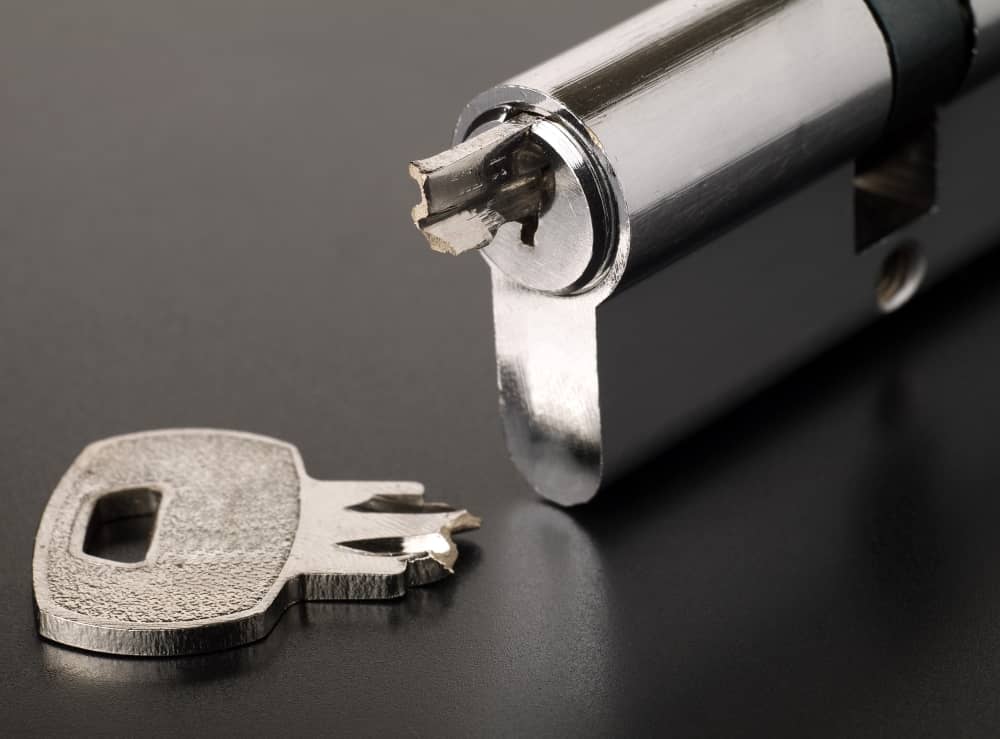
Solution:
- DIY Attempt: If a portion of the key is still visible, you can try using pliers to gently pull it out. In some cases, lubricating the lock with a graphite spray may help loosen the key.
- When to Call a Locksmith: If the key is completely jammed or broken inside the lock, or if you’re unable to remove it without causing further damage, it’s best to contact a locksmith. A professional can safely extract the key and, if necessary, repair or replace the lock.
2. Misaligned Door Latch
A misaligned latch can prevent your door from closing or locking properly. This issue is often caused by changes in the door’s alignment due to temperature fluctuations, swelling of the door frame, or wear and tear over time.
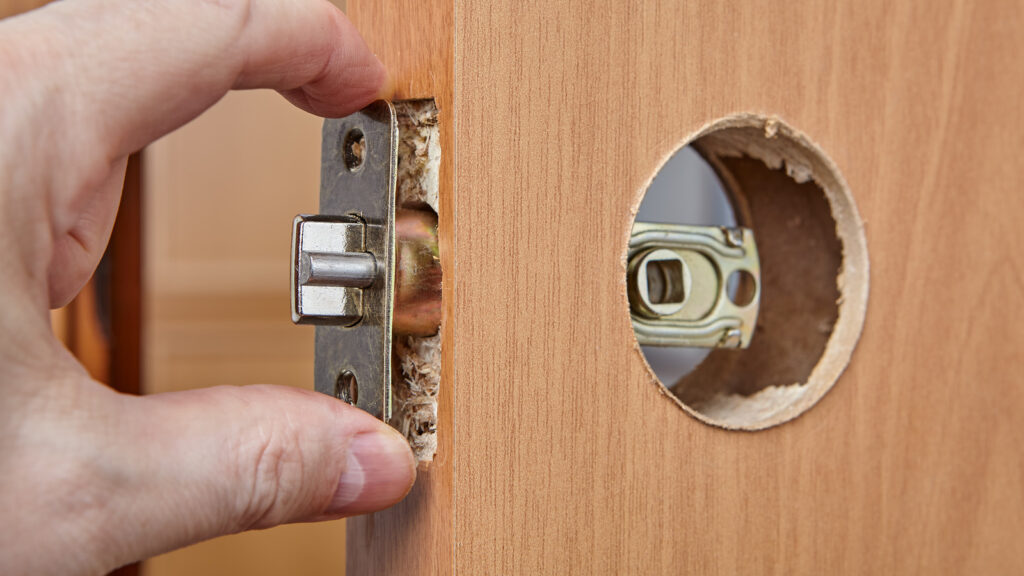
Solution:
- DIY Attempt: You can try tightening the screws on the door hinges or adjusting the strike plate to realign the latch. Applying a lubricant to the latch may also help.
- When to Call a Locksmith: If the latch continues to malfunction after your DIY efforts or the door is difficult to lock, a locksmith can assess the alignment issue and make precise adjustments to ensure the lock works smoothly.
3. Lock Cylinder Turns but Doesn’t Engage
When the lock cylinder turns without unlocking the door, it’s usually a sign that the internal components of the lock are damaged or disconnected. This problem can occur with both traditional and modern locks and can pose a serious security risk if not addressed.
Solution:
- DIY Attempt: In most cases, this problem requires professional assistance, as it involves disassembling and repairing the internal mechanism of the lock.
- When to Call a Locksmith: If your lock cylinder spins but the door doesn’t unlock, contact a locksmith immediately. They can inspect the lock mechanism, repair or replace faulty parts, and restore the lock’s function.
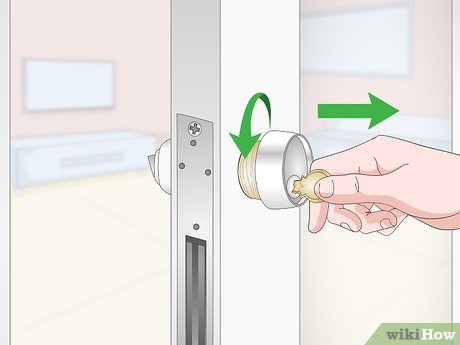
4. Worn or Damaged Lock Mechanism
Locks can wear down over time, especially in high-traffic areas like front doors. A lock that feels loose, sticks, or is difficult to turn may be a sign of internal wear or damage.
Solution:
- DIY Attempt: Try lubricating the lock with a graphite-based lubricant to reduce friction. Avoid using oil-based products as they can attract dirt and debris, which may worsen the problem.
- When to Call a Locksmith: If the lock continues to stick or feels loose after lubrication, it’s time to call a locksmith. A professional can determine if the lock needs repair or replacement and ensure that it operates securely.
5. Lost or Stolen Keys
Losing your keys can be both inconvenient and stressful, especially if you’re concerned about someone gaining unauthorized access to your property. In such situations, it’s important to act quickly to protect your home’s security.
Solution:
- When to Call a Locksmith: If your keys are lost or stolen, a locksmith can rekey the existing locks or replace them entirely, giving you peace of mind. Rekeying involves changing the lock’s internal pins, making your old keys unusable while keeping the original lock intact.
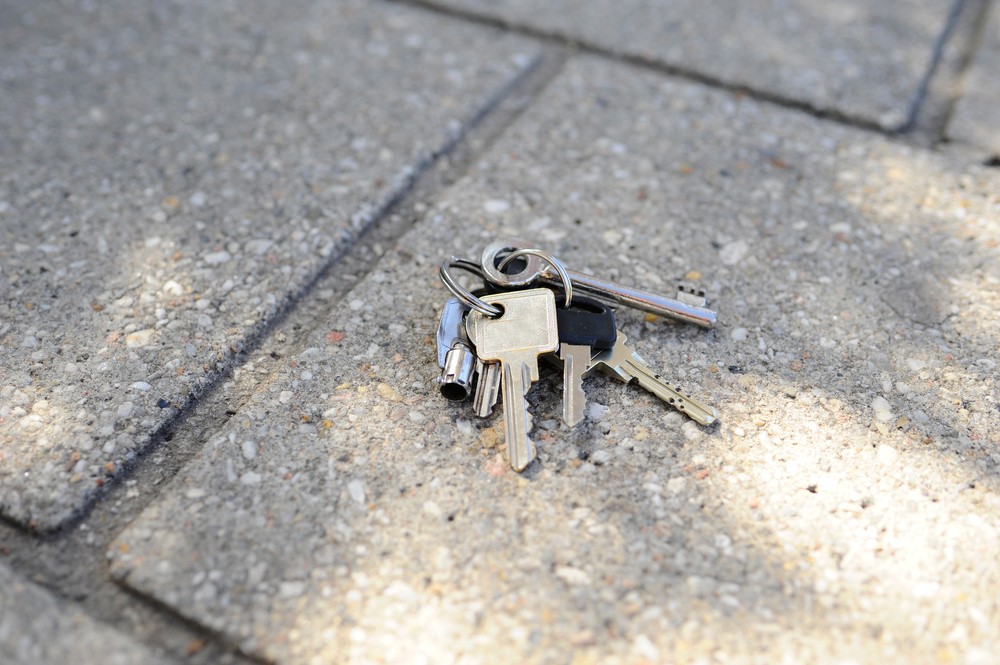
6. Frozen Locks
In Canada’s cold climate, it’s not uncommon for locks to freeze, especially on outdoor doors or vehicles. When a lock freezes, it becomes difficult or impossible to turn the key.
Solution:
- DIY Attempt: Try using a de-icer spray or gently heating the key with a lighter before inserting it into the lock. Avoid pouring hot water on the lock, as it can refreeze and cause further problems.
- When to Call a Locksmith: If the lock remains frozen or becomes damaged during your attempts to thaw it, a locksmith can safely defrost the lock and prevent further issues.
7. Electronic Lock Malfunction
Electronic locks and smart locks are becoming increasingly popular for their convenience and security features. However, they can also experience malfunctions due to software glitches, dead batteries, or faulty wiring.
Solution:
- DIY Attempt: For smart locks, try replacing the batteries or resetting the system according to the manufacturer’s instructions.
- When to Call a Locksmith: If your electronic lock fails to respond, doesn’t lock properly, or experiences technical issues that you can’t resolve, contact a locksmith who specializes in electronic security systems. They can troubleshoot and repair the problem to ensure your lock remains secure.
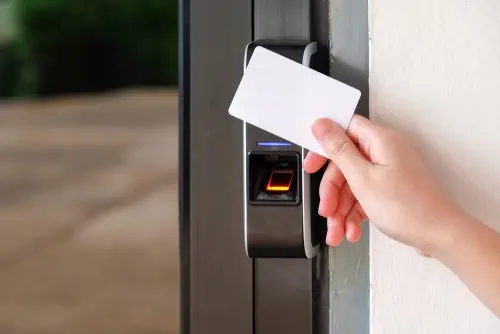
8. Lockout Situations
Getting locked out of your home, office, or car can be stressful, especially if it happens at an inconvenient time. While it’s tempting to try to force your way back inside, this can cause damage to the lock or door.
Solution:
- DIY Attempt: Check for any accessible windows or spare keys left with trusted friends or neighbors. However, avoid forcing entry, as this can lead to unnecessary repairs.
- When to Call a Locksmith: If you’re locked out with no easy access, a locksmith can help you regain entry without damaging the lock. Many locksmiths offer 24/7 emergency services to assist with lockout situations.
9. New Home or Office Security
When moving into a new home or office, it’s important to update the locks to ensure that only you and authorized individuals have access. You never know who may have retained a key from previous owners or tenants.
Solution:
- When to Call a Locksmith: A locksmith can rekey or replace all the locks in your new home or office, giving you full control over who has access to the property. They can also recommend advanced security systems if needed.

Final Thoughts
While some minor lock issues can be resolved with basic tools and know-how, many problems require the expertise of a professional locksmith. Whether you’re dealing with a broken key, a malfunctioning lock, or simply want to upgrade your security, calling a locksmith ensures the job is done efficiently and safely. Keeping your locks in good working order is essential for protecting your property and maintaining peace of mind.
